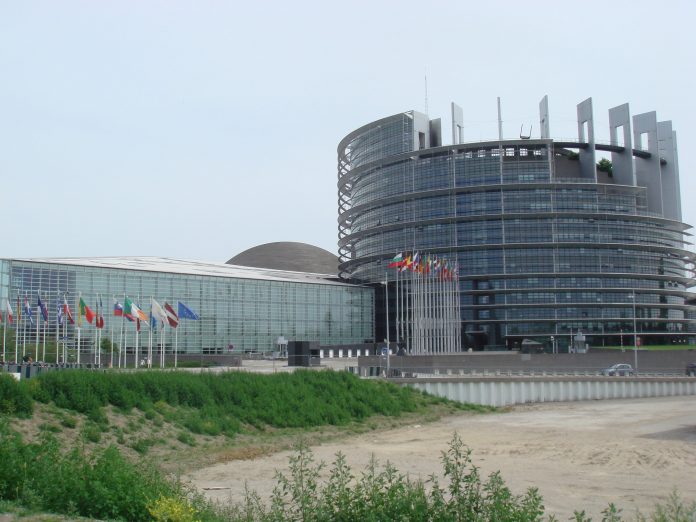People working for digital labour platforms should have the same rights and the same access to social protection as other workers, MEPs say in a resolution adopted today.
The members of the committee on employment and social affairs acknowledge that platform work can create employment opportunities and lower barriers for entering the labour market, but raise concern about poor working conditions and bogus self-employment. They call on the commission to present – after consultation with social partners and the public – a proposal for a directive that guarantees the rights of platform workers and addresses the specificities of this kind of work. Genuinely self-employed workers can remain in that position, but this should never be at the cost of social protection, they say.
Protecting workers with good safety conditions and ethical algorithms
Since platform workers are often subject to increased health and safety risks, all on-location platform workers need to be equipped with adequate personal protective equipment and those active in transportation and delivery need to have guaranteed accident insurance, MEPs say. They also consider that platform workers should be entitled to transparent, non-discriminatory and ethical algorithms. Algorithms should always have human oversight and their decisions must be ethical, accountable, contestable and where relevant reversible.
Collective bargaining
MEPs underline in the resolution that freedom of association and the right to collective bargaining are fundamental rights for all workers, and they therefore stress that a directive on platform workers should ensure these rights can be exercised. They also call on the Commission to consider establishing a European quality label that highlights platforms with quality labour conditions, in order for users, workers and consumers to make informed decisions about the platforms.
“The adoption of this report by a vast majority is a very good signal for platform workers. We must constantly strive for the necessary balance between opportunities and flexibility offered by the new forms of employment linked to digital development and the protection inherent to our European social model”, said rapporteur Sylvie Brunet (Renew, FR). The resolution was adopted by 44 votes to 2 and 8 abstentions.
The current European framework is considered unsatisfactory for workers in the platform economy, with EU legal instruments that do not address the new realities of the world of work. In its Action plan on the European Pillar of Social Rights, the European Commission announced it will present a legislative initiative to improve the working conditions of workers. This will be based on a two-phase consultation with social partners that was launched on February 24 2021.

